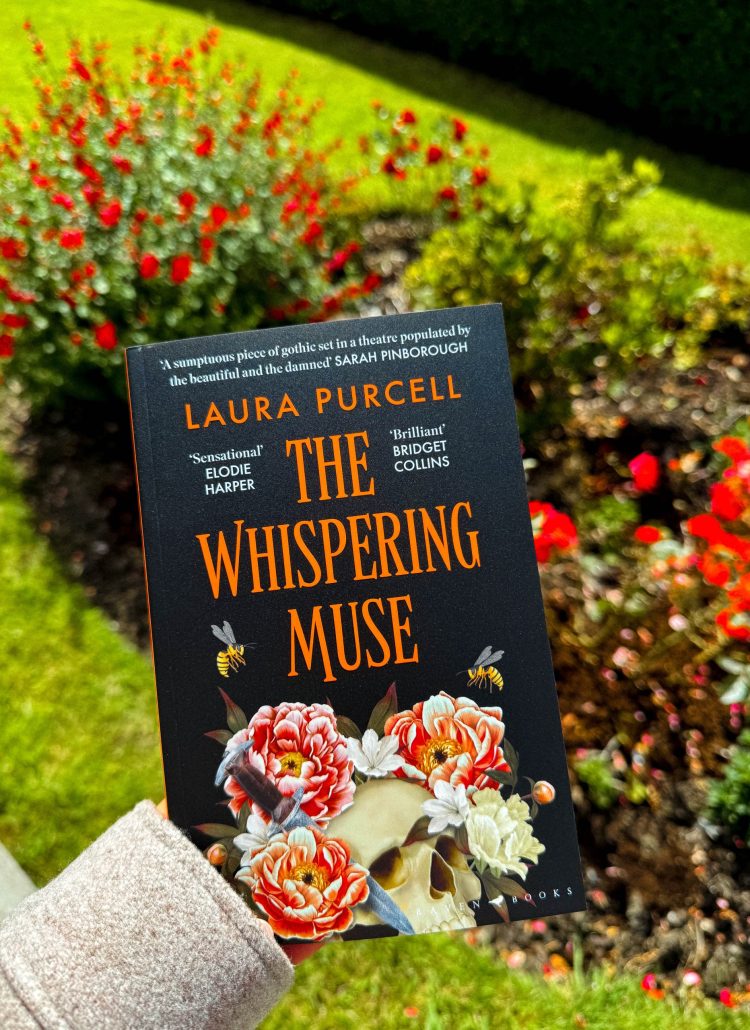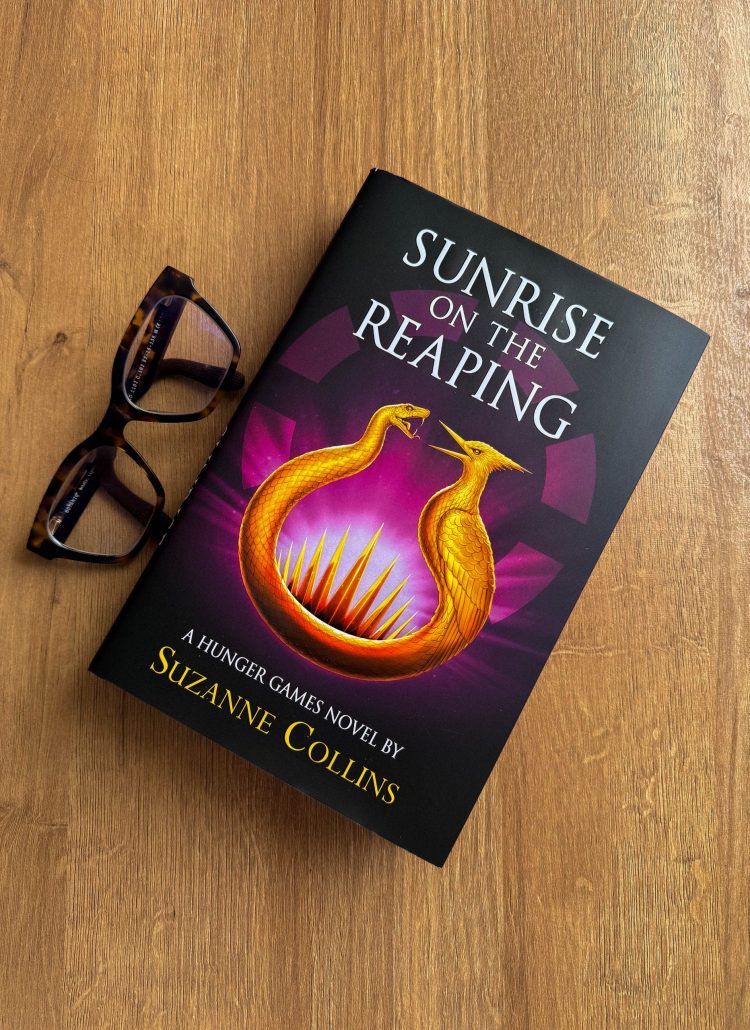The Tragical History of the Life and Death of Doctor Faustus, commonly known simply as Doctor Faustus, is an Elizabethan tragedy by Christopher Marlowe.
Based on German stories about the title character Faust, the play was performed sometime between 1588 and Marlowe’s death in 1593. Two different versions of the play exist, published in the Jacobean era.
The powerful effect of early productions of the play is indicated by the legends that quickly accrued around them—that actual devils once appeared on the stage during a performance, “to the great amazement of both the actors and spectators”, a sight that was said to have driven some spectators mad.
AH, FAUSTUS, NOW HAST THOU BUT ONE BARE HOUR TO LIVE, AND THEN THOU MUST BE DAMN’D PERPETUALLY! STAND STILL, YOU EVER-MOVING SPHERES OF HEAVEN, THAT TIME MAY CEASE, AND MIDNIGHT NEVER COME; FAIR NATURE’S EYE, RISE, RISE AGAIN, AND MAKE PERPETUAL DAY; OR LET THIS HOUR BE BUT A YEAR, A MONTH, A WEEK, A NATURAL DAY. THAT FAUSTUS MAY REPENT AND SAVE HIS SOUL! O LENTE, LENTE CURRITE, NOCTIS EQUI! THE STARS MOVE STILL, TIME RUNS, THE CLOCK WILL STRIKE, THE DEVIL WILL COME, AND FAUSTUS MUST BE DAMN’D.
I don’t usually write reviews on books that I’ve read for academic studies. The only reason I managed to ever get round to crossing Doctor Faustus off my TBR list was because it was on the required reading list for a module on my degree. However, due to COVID-19 and lockdown, the examination I had for that module has now been scrapped and while I’m elated because the exam anxiety is very real for me, I didn’t want to let all that time spent analysing Faustus go to waste!
I should preface this by saying that I neither loved nor hated Doctor Faustus. Was it one of the better books I’ve read for BA English this term? Absolutely, but that’s not quite hard when you’ve spent weeks doing elegiac poetry. Not that Marlowe’s play is any less bleak.
The early scenes establish Faustus’ smarts and his desire to obtain something superior that matches his level of intellect, rejecting the current beliefs and teachings of his peers. Naturally, he chooses to sacrifice his soul to the devil for fame, fortune and… to torture Pope’s? At first I struggled to get into it. However, as the play unravels, I found Marlowe’s critique of black magic blended with an insight into Christian tensions of the period in which he was writing rather captivating.
Faustus as a character is eye-rolling inducing in the most enjoyable way. He flips and flops between wanting to go back on his bargain with Lucifer and deciding he’s too far gone only to attempt to repent his sins at the eleventh hour like the idiot he is. Honestly, how blind can a character be? The congealed blood was a sign this was a bad idea, Faustus! I’m guessing someone didn’t view Icarus as a cautionary tale.
The way Marlowe chose to present Mephistopheles, a demon Faustus summons during his Satanic conjuring and ultimately functions in the play as a representative of hell, was really intriguing. Despite being a devil, he’s actually rather likable. From the get-go Mephistopheles makes it evident he is there to aid Faustus in his damnation. Yet, he is brutally honest in the realities of hell whilst insisting that Faustus stay loyal to his deal with the devil. Interestingly, Marlowe also uses Mephistopheles to comment on the conflicting religious tensions between the different Christian denominations of the time – Catholic and Protestant – as the demon appears to refute the Catholic belief in purgatory.
All in all, it was a fascinating read. You know it’s going be a car-crash for Faustus from the beginning, but you really can’t look away from Doctor Faustus. This is partly down to wanting to see Faustus’ idiocy come to fruition and partly because Marlowe writes in such an electric way that these hellish characters feel incredibly alive.








Leave a Reply